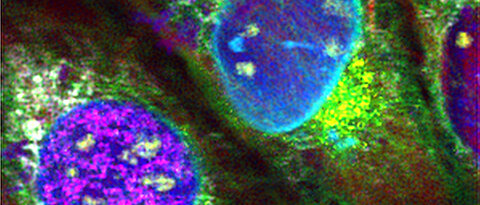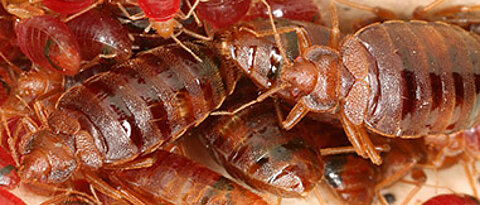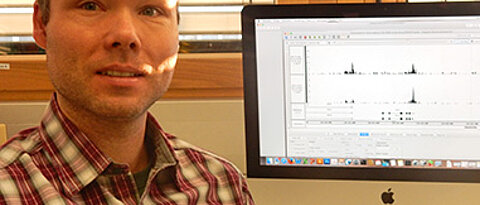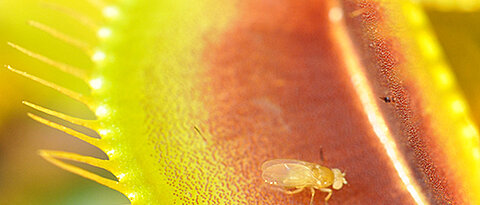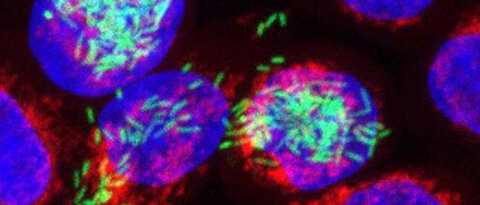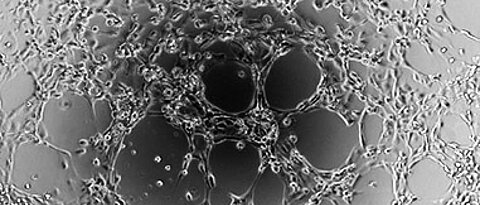Time eases the pain of grieving
02/10/2016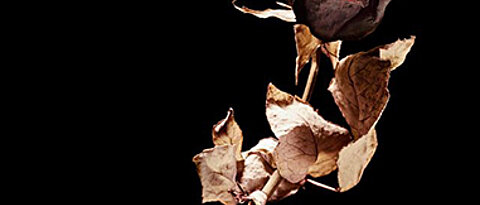
How do people cope with losing a beloved one? Psychologists from the University of Würzburg have investigated this question in a new study including more than 500 participants. Their results correct some common misconceptions about grieving.
more

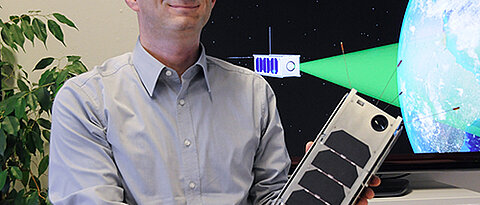
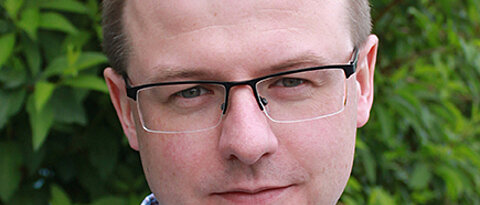
![[Translate to Englisch:] Von links oben im Uhrzeigersinn: Christian Schneider, Viktoria Däschlein-Geßner, Grzegorz Sumara, Barbara Händel (Foto: Uni Würzburg). Christian Schneider, Viktoria Däschlein-Geßner, Grzegorz Sumara, Barbara Händel](/fileadmin/_processed_/c/0/csm_erc-starters-2015_9db0971fc6.jpg)
